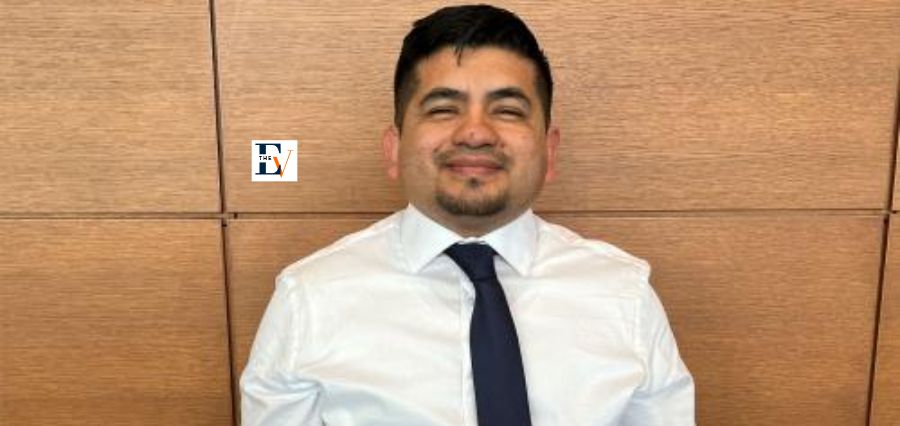Dr. Rachel Killean’s collaborative research explores the integration of human rights and “human dignity” in law education in Cambodia, setting off on a transformative journey.
Law students learn about international human rights law in a seminar room on a muggy day in Phnom Penh, Cambodia. They consider how fundamental rights were violated less than 50 years ago under the Khmer Rouge regime.
A group of secondary school students in London, thousands of miles away, talk about the implications for human rights when families cannot afford basic utilities.
While students in Namibia are learning about human rights through the concept of “ubuntu,” students in India are discussing caste discrimination in their human rights class.
These snapshots demonstrate the variety of educational contexts in which human rights education is provided, including instruction “for,” “about,” and “through” universal and internationally guaranteed human rights.
Following the World Conference on Human Rights in 1993 and the World Programme for Human Rights Education in the 2000s, Human Rights Education (HRE) was firmly integrated into the United Nations (UN) human rights agenda, having first been proposed by the United Nations Educational, Scientific, and Cultural Organisation in the 1970s.
It is currently taught in a variety of contexts both inside and outside of “formal” educational institutions around the world.
The aforementioned screenshots also show how educators try to explain human rights using frameworks or issues that are pertinent to their community.
The procedure can be crucial in situations where “human rights” and the UN’s related terminology and organisations are seen as politically sensitive, pointless, and/or as an imposition of “other” or western values.
Given that human dignity is the cornerstone of the international human rights framework, its emergence as a growing theme in the discourse surrounding human rights education is not surprising.
Human dignity has been defined as a foundational principle for human dignity, an objective for human rights education, and a means of assisting students in comprehending the significance of human rights.
However, there is ongoing debate about the limits of human dignity, with various interpretations enduring in various contexts and cultures.
Researchers from the University of Sydney, Macquarie University, Queen’s University Belfast, and the Centre for the Study of Humanitarian Law in Cambodia have been investigating the opportunities and difficulties of incorporating the idea of “human dignity” into human rights curricula in Cambodian law schools for the past two years under the project title Locating “Human Dignity” in Cambodia.
Read More: Click Here






